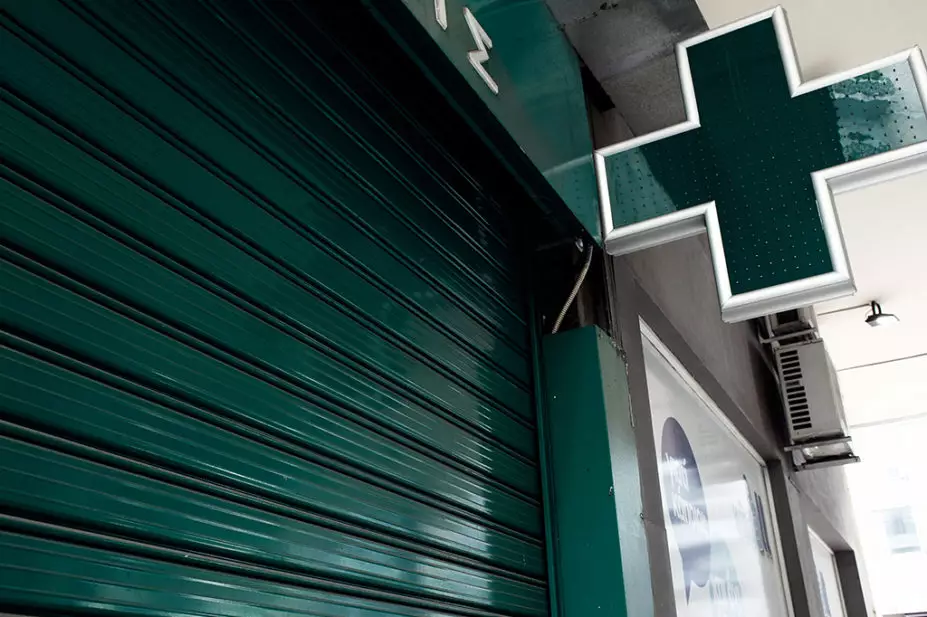
Shutterstock.com
Community pharmacies should be put into “special measures” by NHS Scotland to protect patients from temporary pharmacy closures, the Pharmacists’ Defence Association (PDA) has said.
In a statement on 10 August 2022, the organisation said that Humza Yousaf, Scottish cabinet secretary for health and social care, needed to take “necessary action” to stop businesses that operate community pharmacies from making commercial decisions to close temporarily.
The PDA said the Scottish government should “introduce a regime of financial sanctions on any businesses who breach standards” and enable the NHS “to take failing pharmacies into special measures control, where the operation of that pharmacy is taken over by NHS Scotland”.
The call follows a “dramatically increased scale of closures”, the PDA said, leading to a situation where closures have become “common place” over the past 20 months.
In August 2021, the PDA said it had received more than 50 reports of community pharmacies temporarily closing at short notice in Scotland in a one-week period.
Then in July 2022, four Scottish health boards told The Pharmaceutical Journal that they were accepting requests from some community pharmacies to close or offer a reduced service on Saturdays during the summer holidays, owing to staffing issues.
A joint letter was issued by the General Pharmaceutical Council and Pharmaceutical Society of Northern Ireland to pharmacy owners, in March 2020, during the height of the COVID-19 pandemic, saying that in the “highly challenging circumstances, professionals may need to depart from established procedures in order to care for patients and their families”.
“The PDA believes that this gave some pharmacy businesses the opportunity to consider the financial benefit of operating some of their pharmacies without a pharmacist present,” the PDA said in the statement.
The organisation added that the resulting situation presented a “significant risk of harm” and concluded that, to protect patients and ensure their ongoing access to pharmaceutical care, Yousaf should put in place three measures.
The measures include: empowering the Care Inspectorate to regulate the business behaviours of companies that operate community pharmacies, including their premises, staffing levels, safety and treatment of patients; introducing a regime of financial sanctions on any businesses who breach standards; and providing the NHS with the ultimate option of taking failing pharmacies into special measures control, where the operation of that pharmacy is taken over by NHS Scotland.
“Based on the actions of those who have taken commercial decisions, regardless of the potential patient impact, to unnecessarily close their branches, the PDA believes these measures are what are now … required to adequately protect patients and provide communities with access to the pharmacies they rely upon,” the statement said.
A Scottish government spokesperson said on 12 August 2022 that community pharmacy contractors were responsible for ensuring they provided the full range of NHS pharmaceutical services, as agreed with their health board.
“If they are unable to do so they should liaise with their health board primary care contracts team, who will work with the contractor to minimise any disruption to patient care,” they added.
“Health boards can take a range of actions in response to any breach of terms by a pharmacy contractor.”


